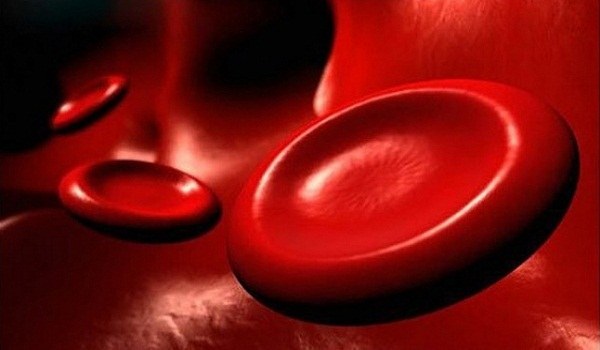The types and causes high levels of acetone in the blood
Acetone is formed in the blood by increasing the amount of ketone bodies – substances formed in the combustion of proteins, fats, carbohydrates. When failure of the digestive organs of the child or adult metabolic products begin to accumulate in the body, which leads to the appearance of the syndrome.
The primary syndrome is characteristic for children from one year to 13 years:
- impaired uric acid metabolism;
- with abnormal lipid metabolism;
- with disturbed carbohydrate metabolism;
- increased excitability;
- with a depleted nervous system.
Secondary syndrome occurs on the background of diseases of the endocrine system, somatic, infectious diseases, surgical interventions in the body.
Diabetic syndrome is directly linked to the violation of carbohydrate of balance with an insufficient amount of insulin in the blood.
The level of acetone jumps dramatically when interruptions in the food, or violations of the usual diet.
The main reasons for the increase in the level of acetone are:
- poor nutrition;
- fatigue;
- viral infection;
- some diseases of the gastrointestinal tract, liver;
- stressful situation.
How to reduce the level of acetone
Upon detection of a high level of acetone in the blood, you must perform the following activities:
- to clean the intestines of the child with an enema to deduce harmful substances;
- give rich alkaline water, even if the baby refuses;
- after the cessation of vomiting, it is recommended to give a dried fruit compote to restore glucose levels;
- in the absence of appetite is not necessary to forcibly feed the baby.
For fast recovery you should carefully pick the diet, as some foods can cause severe intoxication of the child's body. The first time is absolutely contraindicated sodas, meats, canned foods, fatty meats and fish.
It is recommended to enrich the diet of fresh fruits and vegetables, nourishing broths, diet meats.
In case of poisoning, it is advisable to wash out the stomach to get rid of the source of poisoning. Continue to give the child a solution "Regidron" and glucose. If the baby is unable to take drugs, to be administered intravenously. All manipulations are performed only with the concurrence of the physician who prescribed treatment, and picks up the dosage depending on the condition of the child.
